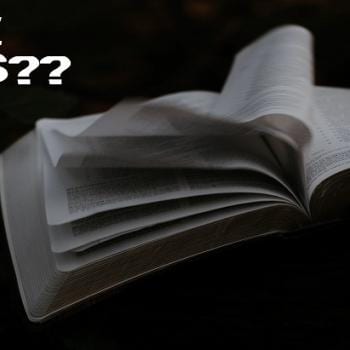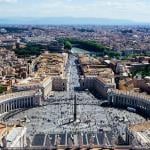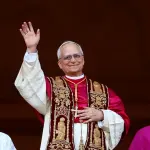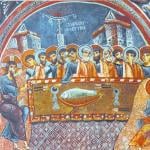Manger scene messiness—learn to know from which Gospel the different elements come. As we have been discussing, we American Christians are so obsessed with facts. We regularly fail to distinguish truth and facts. Modern Western culture is unique in that it identifies truth with factuality. How do we check our obsessions when it comes to our Christmas devotions and observances? For example, how does all this affect how we view our Manger Scenes? Last time we explained that Stage Three... Read more




















